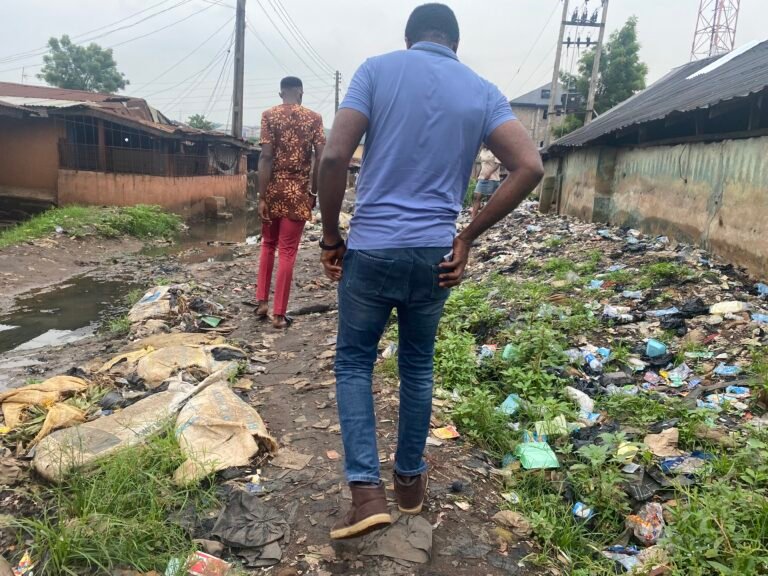Stakeholders reflect on the national survey that reports significant health sector corruption in Nigeria: a communique from the Health Anticorruption Advisory Committee (HAPAC)

In a 2016 published survey, of the 14 most significant problems faced by Nigerians, corruption was ranked in third place, while healthcare was in fifth position. In the second version of the survey published in 2019, healthcare and corruption switched…






